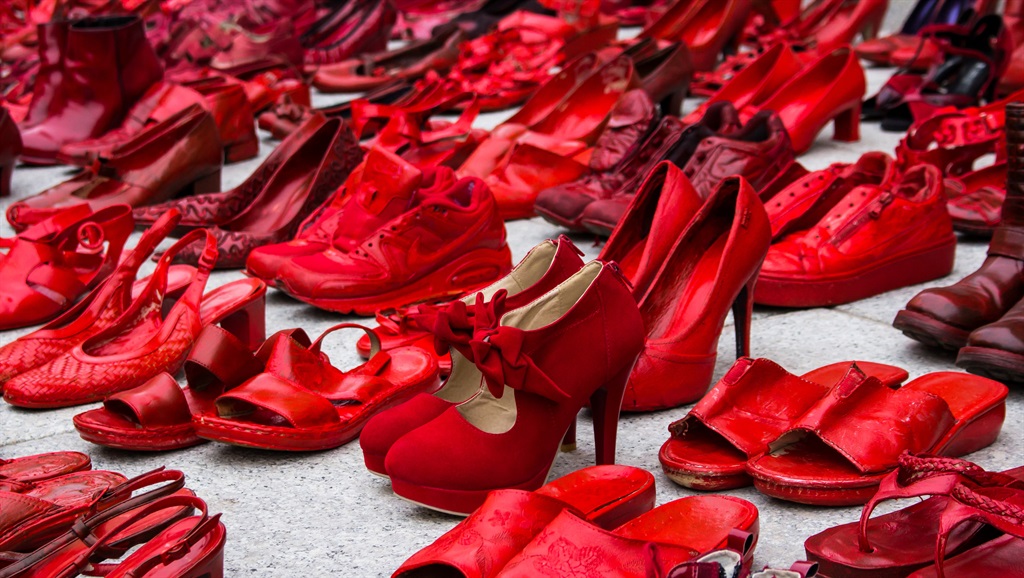
Last week, South Africa learnt of another unnecessary loss of a young woman, Zolile Khumalo, a first-year quantity surveyor student at Mangosuthu University of Technology.
Her death came in the same week that Karabo Mokoena’s killer was sentenced for 32 years by the Johannesburg High Court, after denying that he murdered her.
Both incidences reveal a growing trend in the country about violence against women, committed by their intimate partners.
Shockingly, these deaths add to disturbing statistics about women and girls being killed in South Africa. First, according to Statistics South Africa, South Africa’s femicide is five times higher than the global average. This data implies that partner violence in the country continues to increase despite interventions by government and gender rights organisations in raising awareness about the issue. Moreover, femicide rates are higher among African women and account for 39% of all femicide-related deaths.
The statistics indicate that a time for a national debate on this phenomenon has come. A national conversation is a trigger towards finding a solution that citizens can commit to stop violence against women and girls.
It is important to note that gender rights are human rights. Women, like men, need to be respected and allowed to live their lives the way they choose to live. There is no legislation that legitimises men’s use of power over women. A patriarchal gender order in any country reverses the gains of our hard-won democracy.
Gender equality and the advancement of women rights is firmly anchored in the Constitution, providing women with a full range of rights including the right to be protected and free from any forms of violence.
Sadly, despite the existence of this legal framework, criminal sanctions to address violent behaviour by men are not enough. It is critical that as a society we denounce continuation of this trend and address the underlying causes of violent masculinity.
To a certain extent, social norms and gender relationships contribute to dominant notions of masculinity, which eventually undermine women and girls. Developing an understanding of contributing factors is crucial in developing strategies to mitigate against intimate partner femicide. This understanding will help in reaching out to men in our society and engage them on their views about “maleness” in society, with the aim of deconstructing the notion of male superiority over women.
At the same time, address the gendered positions in society about women and girls, which to an extent entrench the hierarchical relationships that women have with men. These gender-based social and cultural norms perpetuate the notions that women and girls are somewhat ranked lower in families, in communities and in society in general.
Addressing violence against women is therefore an imperative towards their realisation of human rights. While South Africa is lauded for enacting some of the most progressive laws and policies in the world towards protecting women and girls, there is still more work to be done curb gender-based violence. The Constitution of the republic articulates the rights to equality for all. At the same time, enforcement of the law against perpetrators of gender violence should continue to deter further occurrences of such incidences. Moreover, civil society organisations should continue educating the public about human rights and observance of the law as articulated in the Constitution. This constitutional literacy will go a long way in dismantling these deep seated patriarchal tendencies in our society. Gender violence can be stopped, it is not unattainable dream. This is a clarion call to all citizens from all walks of life to join hands and say no to femicide in South Africa.
• Dr Paul Kariuki, is the programmes director of Democracy Development Programme, a human rights organisation based in Durban. He writes in his personal capacity.




 Publications
Publications
 Partners
Partners








